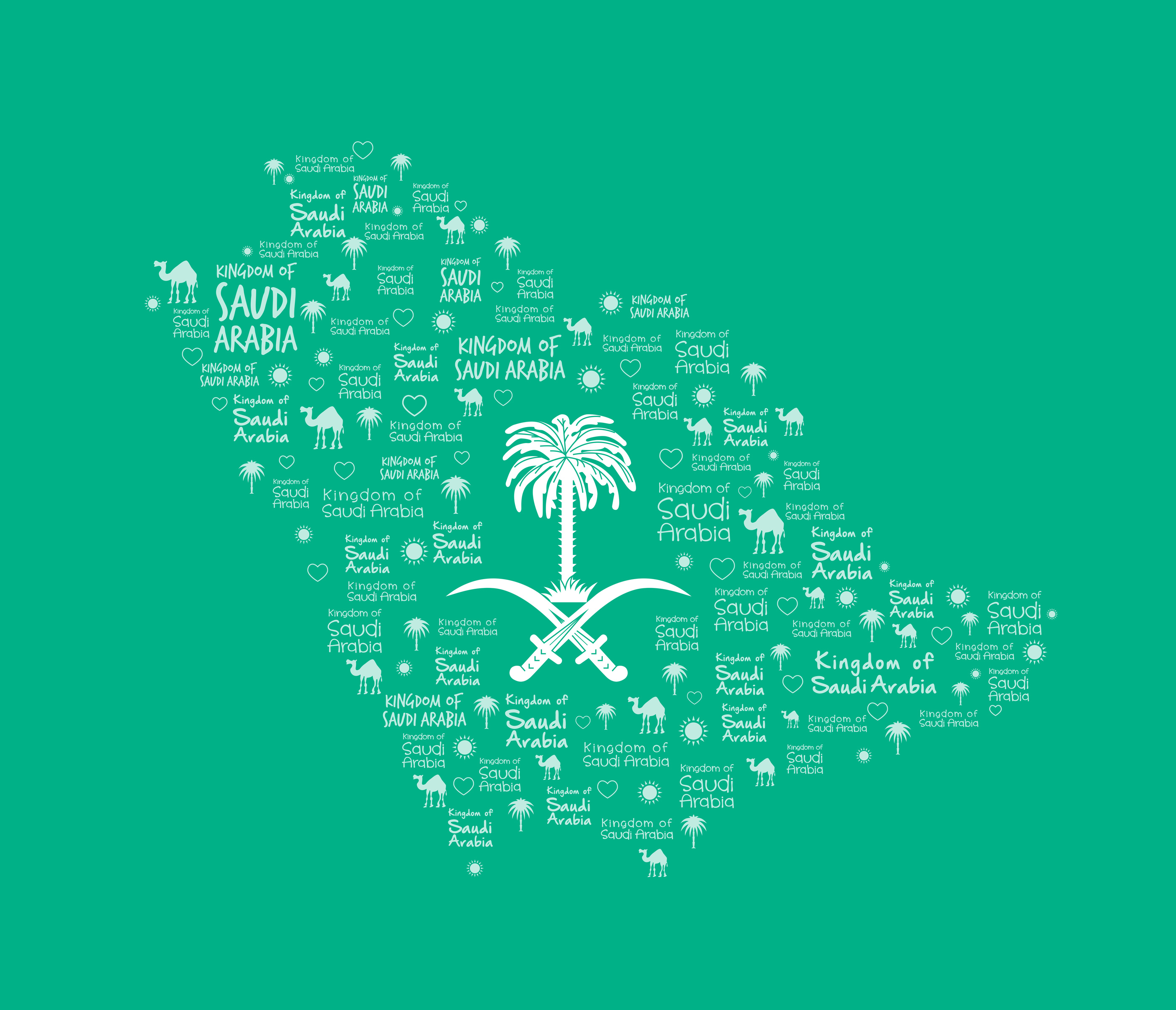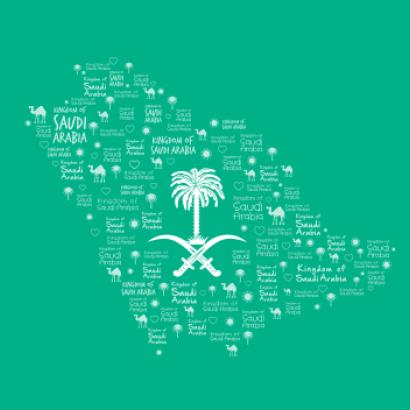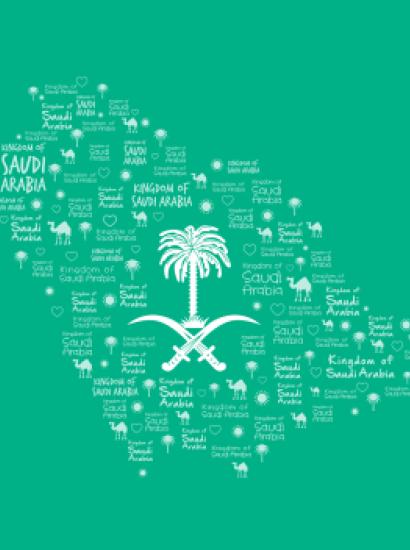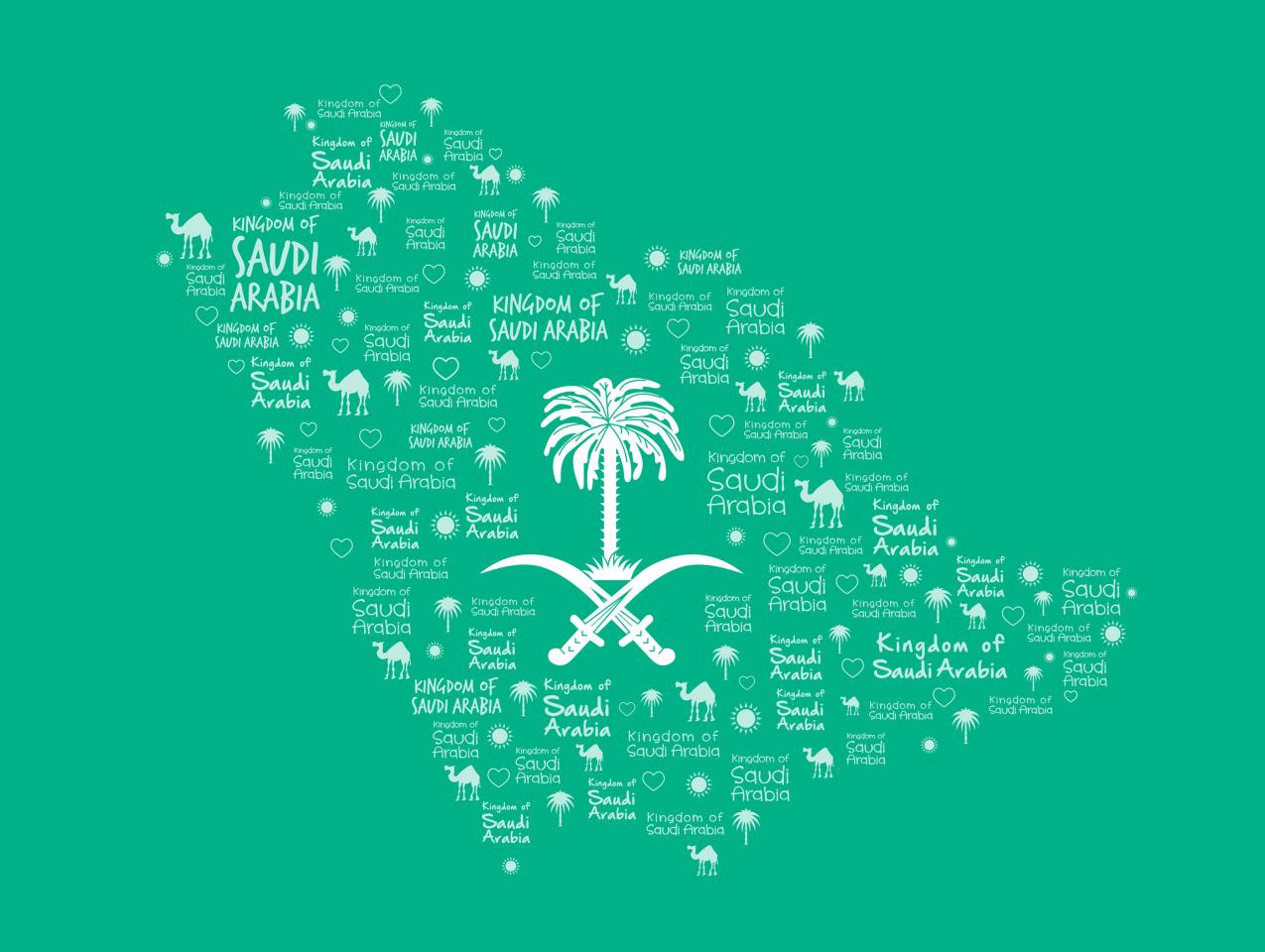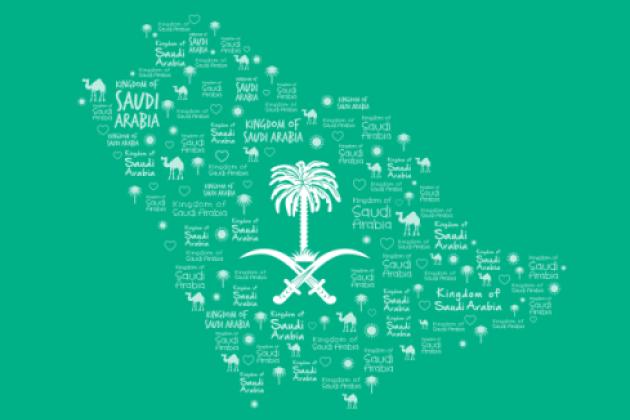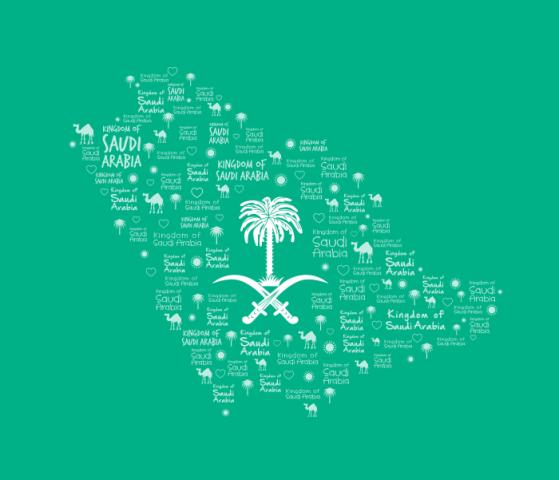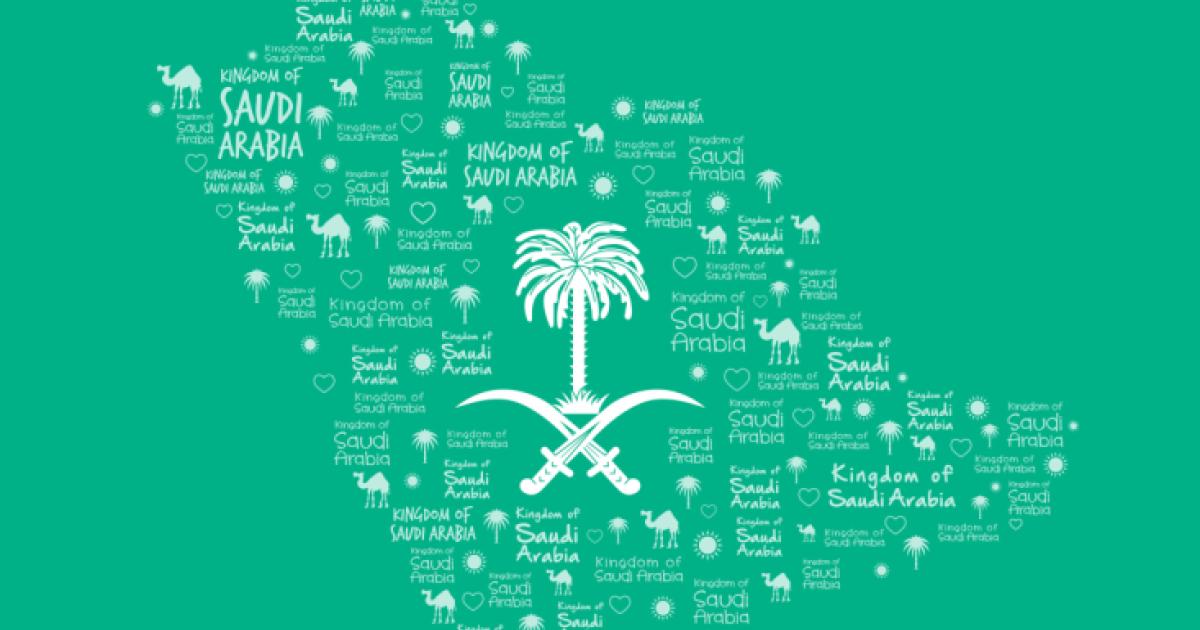A perfect storm is brewing for Saudi Arabia. Ominous clouds are gathering on the country’s domestic, regional and global horizons. Virtually every once-reliable pillar of the kingdom’s stability is facing daunting challenges.
Saudi Arabia’s stability, indeed survival, has been based on two virtual bonds. The first, some two hundred years ago, forged an alliance between the Saud family and the founder, and later the followers, of the Wahhabi version of Sunni Islam—a puritan reinterpretation of Islam based on the notion that only the ways and words of the Prophet Muhammad exemplified pure Islam, and Moslems’ salvation depended on going back to the literal words of the Qur’an and of the prophet—as understood, approved and articulated by Abd al-Wahhab (1703-1791). So long as this new iteration of Islam remained only a Saudi affair, it caught little attention. With the rise of the kingdom’s oil revenues, however, the kingdom, under pressure from its domestic religious allies, substantially increased funds for new mosques and madrasas (Islamic religious schools) all over the world, in order to spread the Wahhabi version of Islam. Some scholars now refer to the “Wahhabization” of Sunni Islam. Because some Islamists from the ranks of Al Qaeda and ISIS had drawn their inspiration from Wahhabi ideas, the once-overlooked role of Saudi Arabia in the rise of this new radicalism became more controversial. A spate of new warnings, articles, and speeches in Western capitals about the need for Saudi restraint in supporting radical Islamist interpretations is sure to strain one of the pillars of Saudi security.
The Saudi authorities are in a double-bind. On the one hand, limiting their contributions to Wahhabi Islam will provoke the ire of the religious establishment—and today, more than ever, the Saudi political order needs the legitimizing umbrella provided by the kingdom’s religious leaders. On the other hand, continued Wahhabi activism will not only increase tensions with the West, but could easily further fuel the fires of radicalism across the Middle East as well as in Europe’s Muslim population—now far more numerous than ever in the thirteen hundred year history of Islam’s encounter with the Judeo-Christian West. This religious problem is all the more ominous because it is taking place during one of the most public and acrimonious fights for succession—and for determining policy—among the members of the royal family. The relatively newly crowned king is already ailing. The jockeying for power and privilege has overflown the traditional banks of Saudi discretion.
The second pillar of Saudi stability has been its accommodation with the US. In return for the Saudi government’s role in maintaining a stable supply and price of oil, the US has offered the realm a security umbrella. But with the US becoming a major exporter of oil, America’s envisioned pivot to Asia, President Obama’s obvious aversion to entanglements in the Middle East, Russia’s new effort to “Chechnyaize” Syria—in other words, turn the country into virtual rubble and have a puppet rule over the ghost of the land—and finally with the US and the West forced to merely play the role of an anxious observer in that war-torn land, Saudi Arabia is clearly having second thoughts about the strength of its alliance with the US.
Regionally the situation is no less fraught for Saudi Arabia. Its war in Yemen is turning into a quagmire, while Egypt, whose survival in the last two years has depended on massive Saudi aid, is engulfed in a war with radical Islamists (not just in the Sinai desert and an ISIS off-shoot, but in cities around the country with supporters of the Muslim Brotherhood). Finally if all of these threats were not sufficient, with America’s incremental rapprochement with Iran—Saudi Arabia’s main rival for regional hegemony and for influence in the Muslim world—coinciding with Iran’s new assertiveness in Syria, Iraq, Lebanon, and Yemen, Saudi authorities feel increasingly, but understandingly, restless.
So far their solution has involved doubling down on past policies: promoting Wahhabi Islam, while also entering into the fight against ISIS, and simultaneously forging an increasingly open and assertive anti-Iran, and anti-Shia coalition. The odds of their success, given plunging oil prices and their historic reliance on their deep pockets to maintain stability at home and promote their policies regionally, is not great. When wise and prudent leadership is most needed in Washington and Riyadh, it is most wanting.







